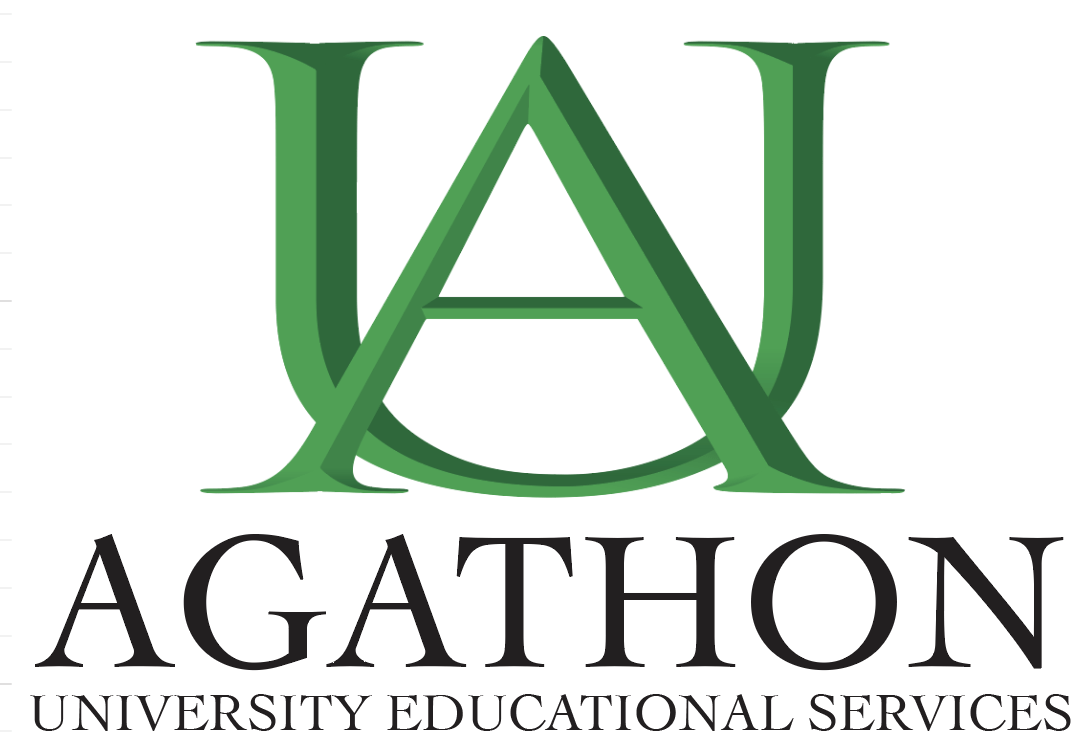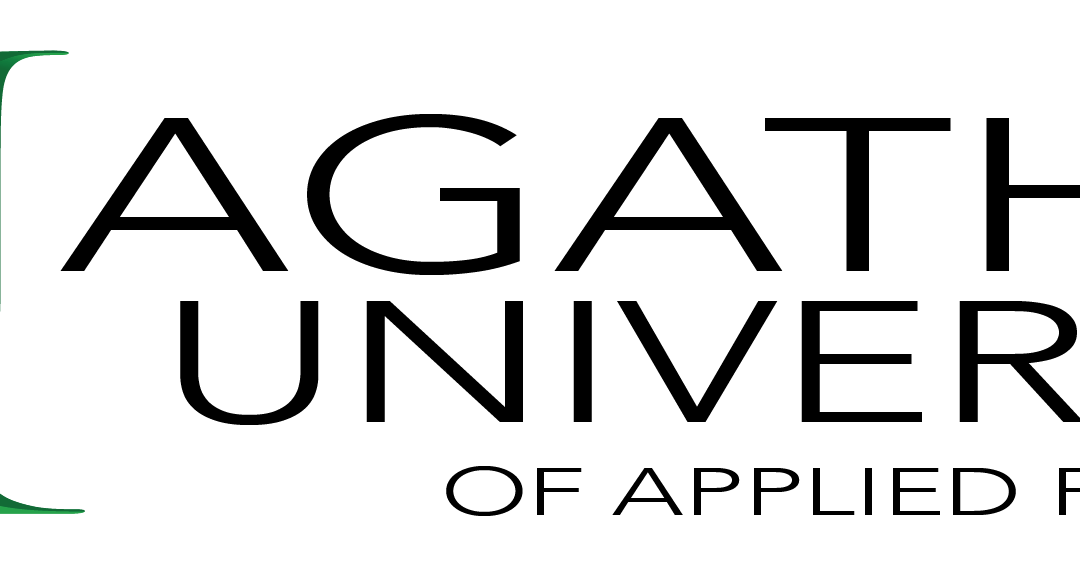
Course Faculty
Christopher Cone, Th.D, Ph.D, Ph.D
Research Professor / Transformative Learning and Leadership
BIBL/EDUC/PHIL7511 Worldview Premises for Transformative Learning (Analysis of Genesis) is a post-graduate level analysis of the historical narrative of Genesis, which provides the epistemological and metaphysical grounding for Transformative Learning. As the first primary source in transformative literature, the text of Genesis presents many foundational aspects necessary for transformative learning. This analysis takes an exegetical approach, drawing implications from the text itself to help learners arrive at a worldview intended by the author of Genesis.

